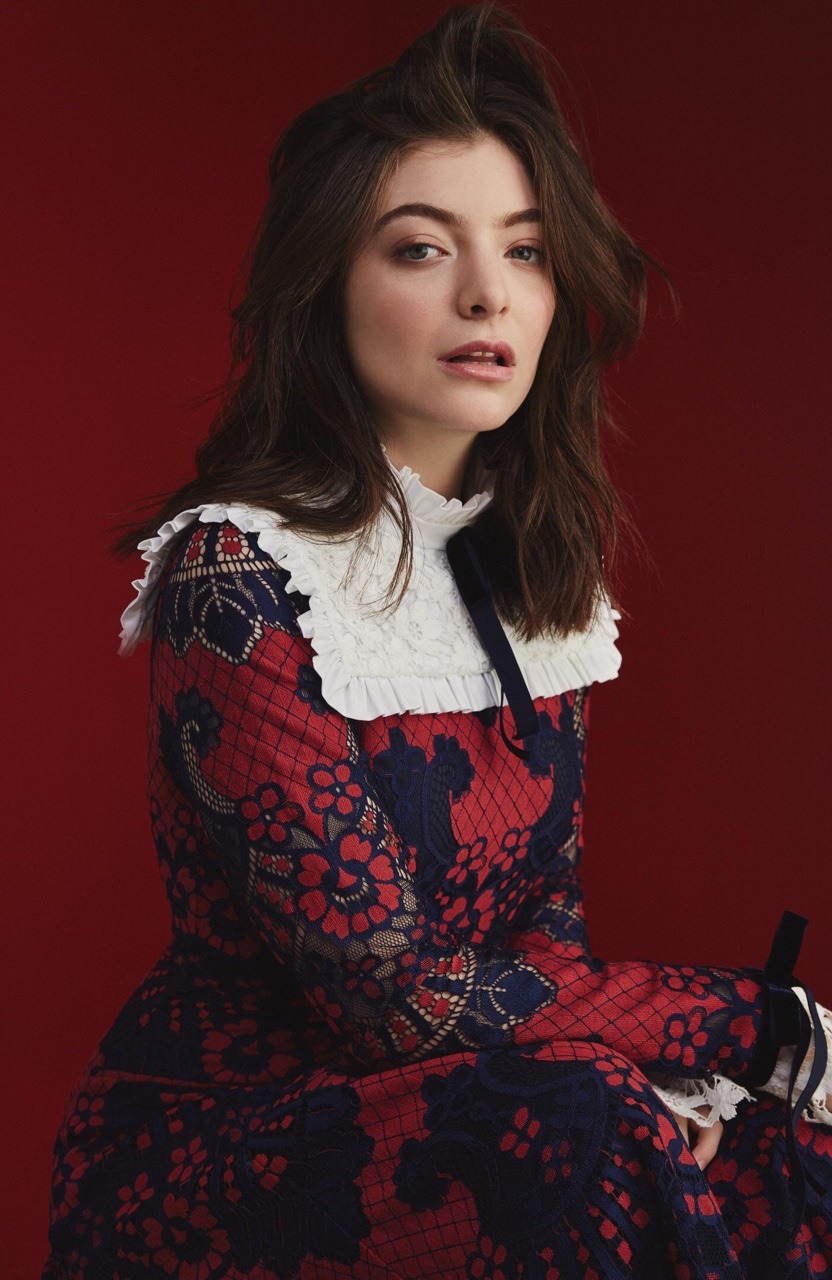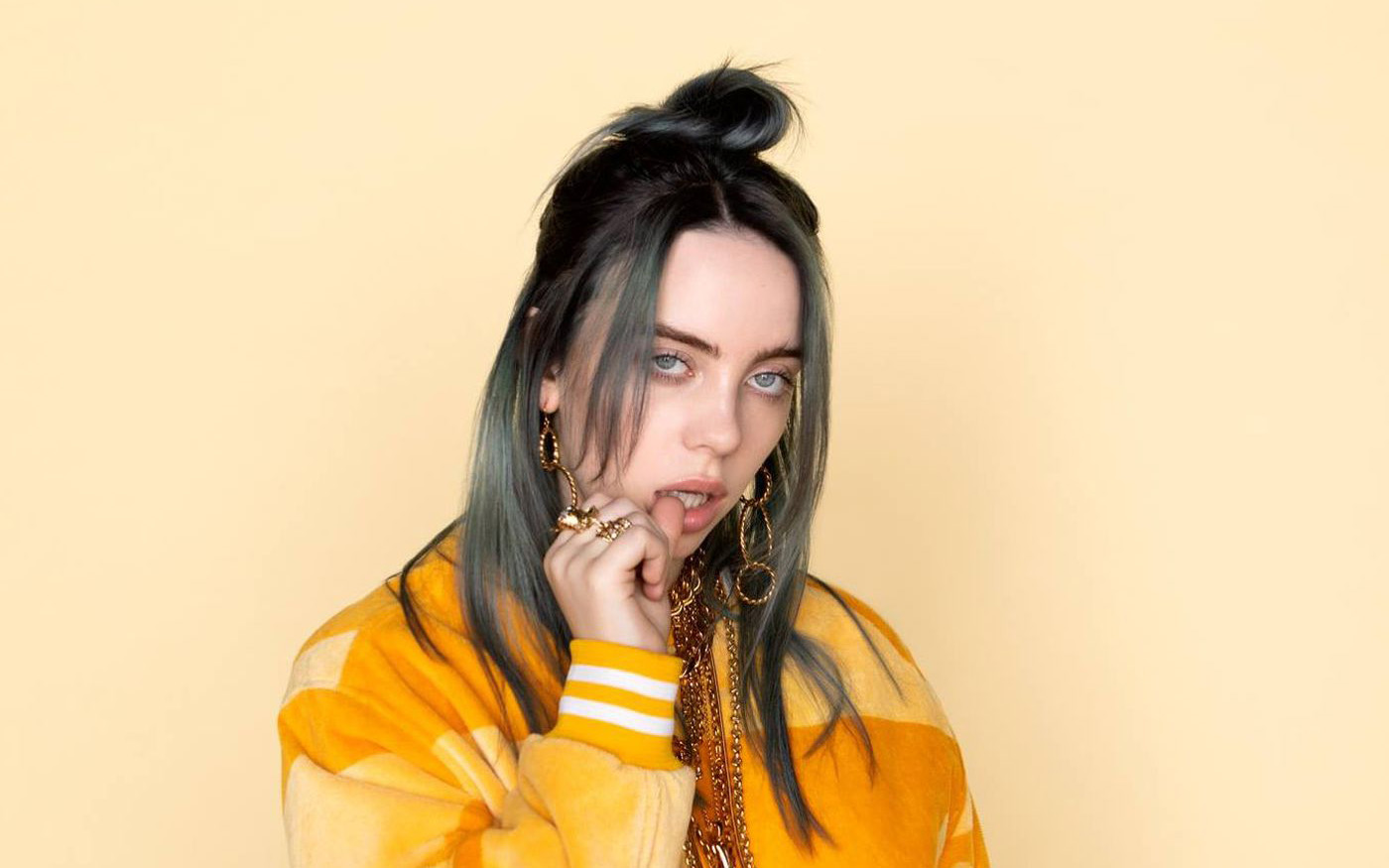The first time I actively looked up the term ‘industry plant’ was in 2018 when I heard the song Ocean Eyes by the artist Billie Eilish. I had heard the phrase in passing before, years prior, but my active fascination with it grew more and more once I started researching who this artist is.
The term ‘industry plant’ is a musical term derived colloquially from hip-hop which is understood to mean, “an artist who has a major/indie label backing their movement but presents themselves as a ‘homegrown start-up’ to create the illusion of an organic following”.
This is in line with artists or record labels that chase fame and commercial success—backhanding the artist’s own individuality and creative freedom.
Being called an industry plant is all but flattering and there are definitely negative connotations attached to it. The idea of authenticity is very important in music, particularly when its artistry relies heavily on personal experience, whether through song-writing or performance. It’s very common for the term ‘industry plant’ to be linked to Eilish.
Her background is that of growing up in Los Angeles as the daughter of musical parents as well as having a brother that produces and co-writes almost all of her music with her. Eilish is someone who seemingly “blew up out of nowhere” and went on to win Grammys with just her debut album.
This is not to take away her talent and hard work. The definition of an industry plant doesn’t negate any prior work an artist has done in the past before their label, however, it just questions the legitimacy of one’s growth and establishment in the industry.
The Grammys have been losing their sense of credibility for decades now so this is not to say that success is only defined by awards, however, they are a well-established measure of merit in the broader music industry.
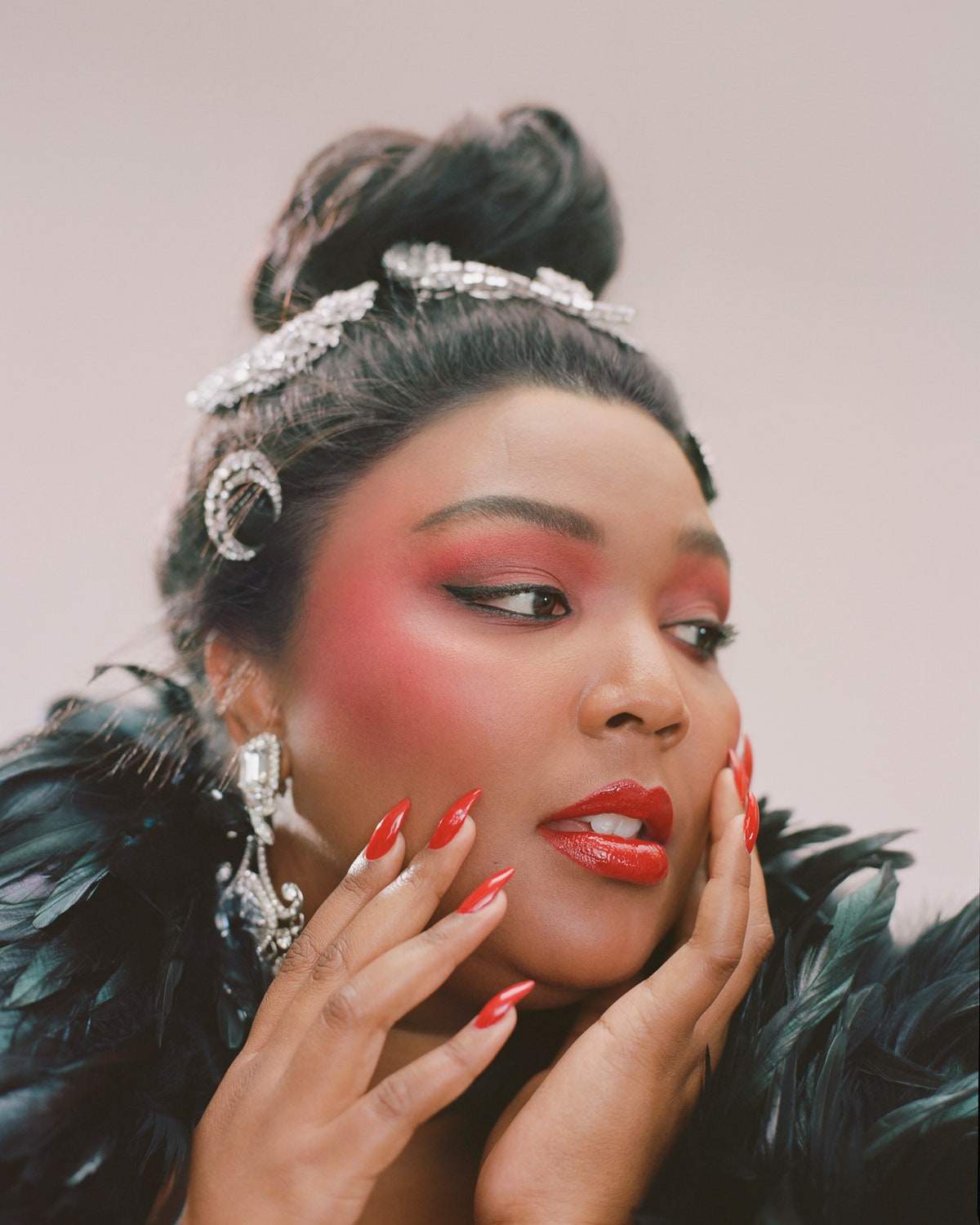
There are many popular artists, such as Eilish, who have been accused of being industry plants for the last couple of years, including Khalid, Lizzo, Chance the Rapper, Lil Nas X, Travis Scott, Elaine, Drake and recently Olivia Rodrigo.
Once you go down the rabbit hole, you realise that any artist signed or backed by a label could be described as an industry plant, one way or another. That’s not a very definitive, insightful or progressive way to approach the music business now, is it?
What is particularly interesting about this phenomenon is that it lets us into the window of how powerful record labels still can be, even post-internet and the digital age.
While the idea of manufacturing a pop star is not new, it has become increasingly difficult to dissect whose story is as authentic as presented, truly a ‘started from the bottom’ tale of struggle and trying to make it on your own up until your work gets recognised by the populous and eventually a record label.
It’s no secret that narratives push the music business, storytelling is important and a majority of music listeners gravitate towards somebody relatable that they can identify with. Music labels have been creating narratives for their stars since their dawn of operation.
But what is the difference between someone starting out on their own, getting noticed then signing onto a label and ‘blowing up” as opposed to someone regarded as an industry plant? These two ideas share a lot of similarities and are the primary reason why it is very difficult to actually define and directly point at an artist we can all unanimously say is an industry plant.
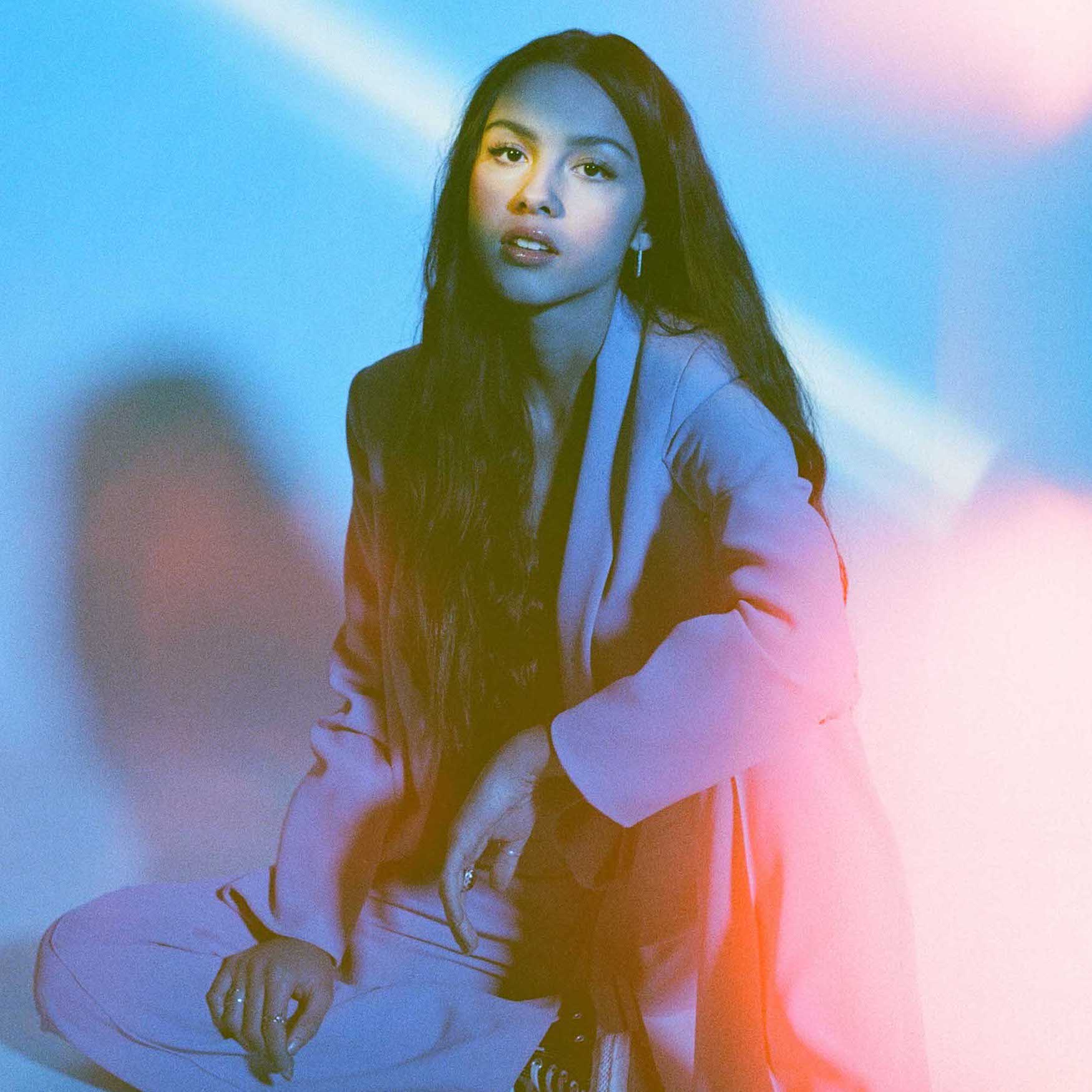
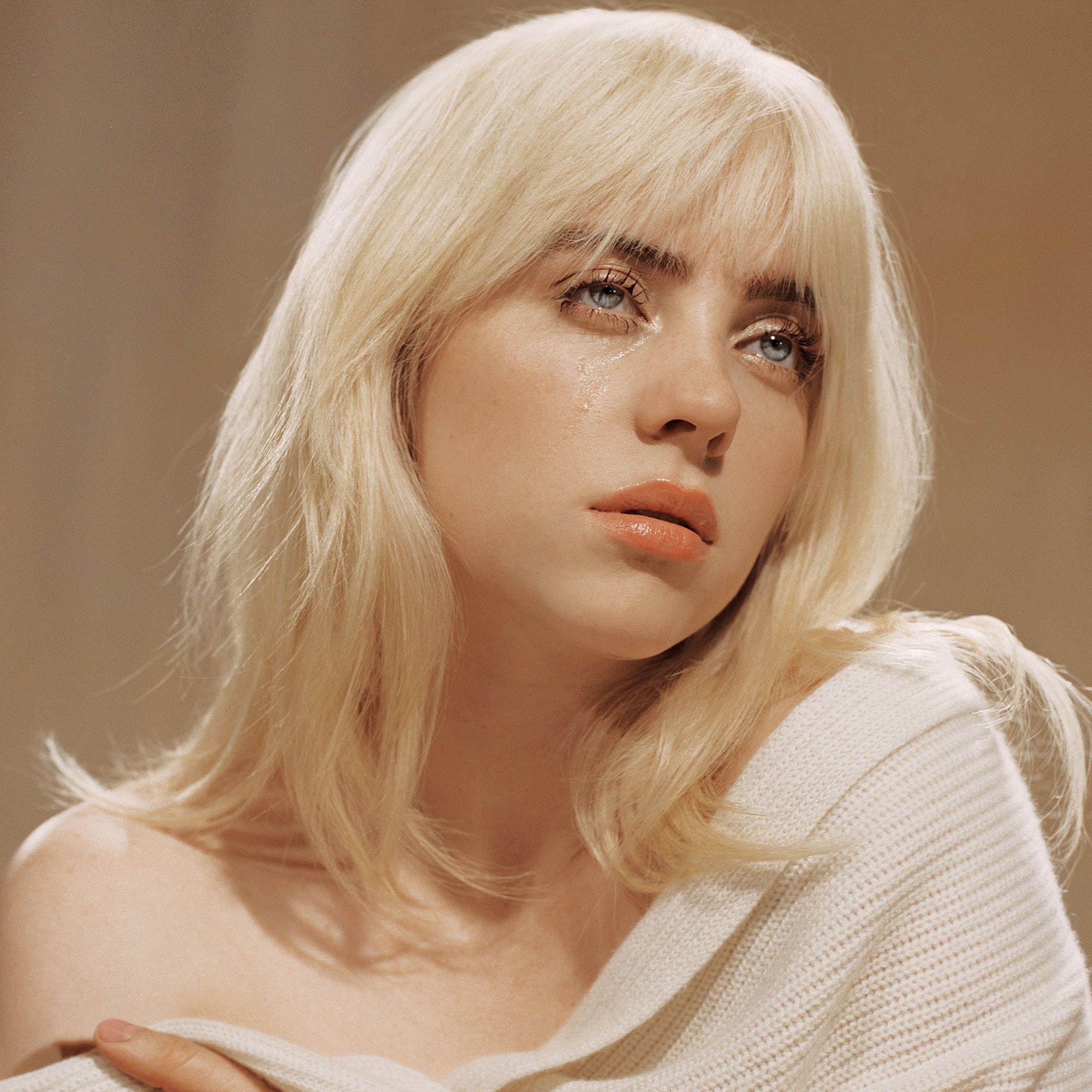
We speak a lot about longevity in determining the credibility of an artist and this might also be the key difference here. Very vaguely, all of the artists I’ve mentioned before fit the industry plant narrative but parallel to that they’ve also proven that they can stand on their own musically and come into their own authenticity if they had not done so before.
There’s no doubt that Billie Eilish has enough merit to be a Grammy-award winning artist. Perhaps the label jumped the gun there and went overboard with those record-breaking awards, if you know what I mean. However, as an artist, she is more than capable of creating a solid body of work, one that lives up to our expectations.
It is artists that continue to fight even after releasing their very heavily label-influenced work that break the mould of being an industry plant.
To be quite honest, in this capitalistic world we live in, unless we completely get rid of record labels I don’t think it’s inherently bad that artists lean on business strategies to push them and get them going. It was the direct push from Spotify in 2013 that gave us the quintessential alternative-pop Queen Lorde and her debut.
Lorde signed with the record label Universal Music Group at the age of 13 in 2009. After several unsuccessful sessions with songwriters, she was then paired with Joel Little by A&R representative Scott Maclachlan and they created her critically-acclaimed album, Pure Herione.
This is a great example of how being an industry plant doesn’t necessarily mean lacking in artistry or even authenticity. Lorde took charge of her own writing and production but also let the label work its magic by giving her the resources to extend her own artistry and reach.
There’s a difference between someone like Lorde and someone like ilovemakonnen, Designer or any other artist whose one popular dance song spent a week on the charts and then disappeared into obscurity. We feel energised by an artist’s backstory no matter the level of depth it reaches or does not.
I don’t think one particular struggle is the only way an artist can be inspired to make great music. Industry plants are here to stay because record labels are here to stay but I am glad the aim is authenticity because that affords everyone a chance of at least trying to get their music out there and reaching an audience.
